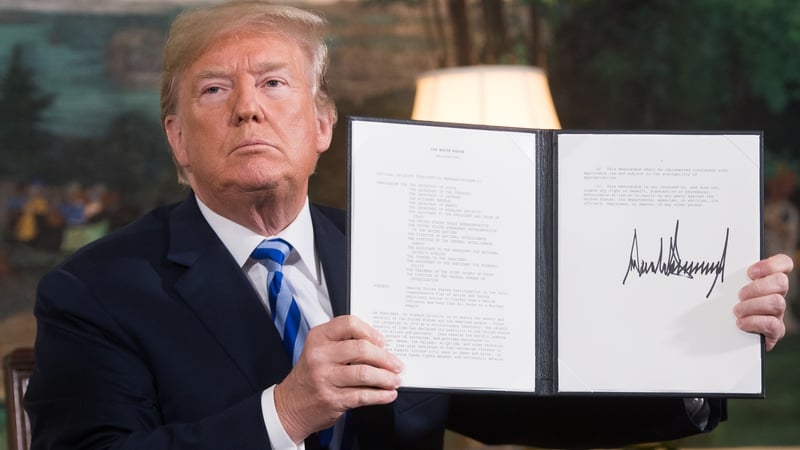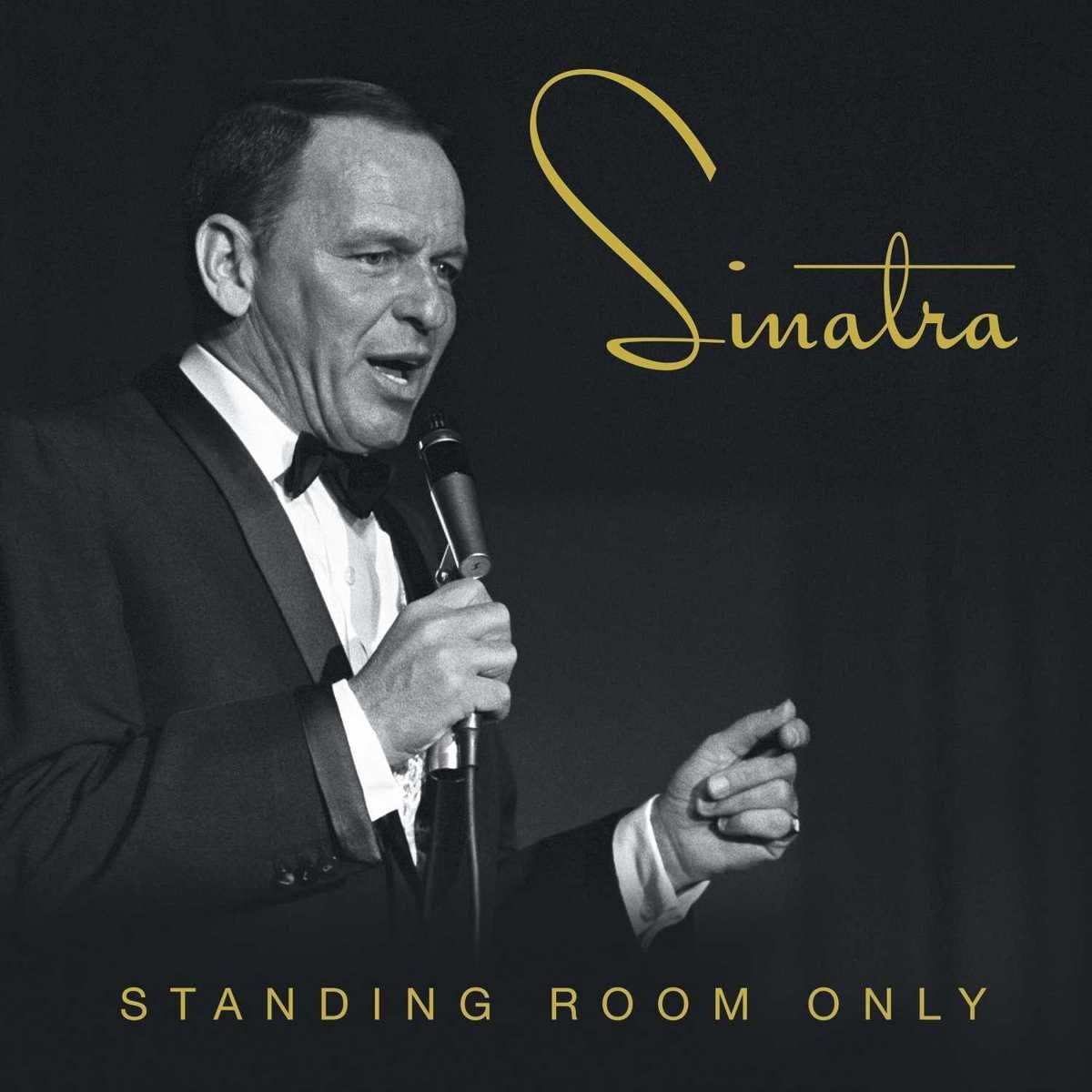A Church-bashing Catholic whitewashes the Qur'an.
May 11, 2018

Now in his early eighties, Garry Wills has been a fixture in American culture for no fewer than fifty years, during which he has written no fewer than fifty books. Some of them, such as Nixon Agonistes (1970), Inventing America: Jefferson's Declaration of Independence (1978), Cincinnatus: George Washington and the Enlightenment (1984), Reagan's America (1987), and Lincoln at Gettysburg (1992), have been about American history and American presidents. Others, including Papal Sin: Structures of Deceit (2000), Why Priests? (2013), and The Future of the Catholic Church with Pope Francis (2015), plus no fewer than eight books on Saint Augustine, have focused either on early Christianity or on contemporary Catholicism. Wills has also written books, such as Under God: Religion and American Politics (1990) and Head and Heart: American Christianities (2007), that bring together religion and politics.
Though he began his writing career in his early twenties at National Review – having spent a brief time as a Jesuit – Wills has spent most of career as an ornament of the establishment left, turning up frequently in the New York Review of Books and, along the way, winning two National Book Critics Circle Awards and a Pulitzer Prize. In recent years he has published a series of reader-friendly little books about the origins of Christianity – What Jesus Meant (142 pages, 2006), What Paul Meant (192 pages, 2006),What the Gospels Meant (209 pages, 2008). This series has now been expanded. In design and scale, the new volume is identical to the books about Jesus and Paul and the Gospels. Its topic, however, is not Christianity but Islam. Its title: What the Qur'an Meant – And Why It Matters (212 pages).
This Islam book is a dramatic departure for Wills. Deeply learned about Christian scripture, theology, and history, and fluent in Greek and Latin, Wills identifies as a devout but highly critical Catholic. Indeed, the whole thrust of his best-known books about the Church has been to lambaste it – to give the papacy, the Vatican, and the whole worldwideecclesia a series of kicks in the cassock. OK, fine – he's the Catholic, I'm not. But it seems curious that while the principal goal of his writings about his own Church is to find fault at every turn, the point of his primer on the Qur'an (which I usually write as Koran, though this time around, for consistency's sake, I'll go with his spelling) is to whitewash. Consistently. Shamelessly.
By the end of the first page of What the Qur'an Meant, he's made his position clear: Islamic terrorists “have departed from the book they say they believe in.” At the same time, critics of Islam “tell us blatant lies” about that same book. And what's amazing is – get this! – the terrorists' take on the Qur'an is identical to that of Islam's critics! Incredible, no? You or I might view the Qur'an as having inspired countless acts of violence over the centuries; but Wills corrects that misapprehension, explaining that the Qur'an itself is the real victim – a subject of endless misinterpretation by both terrorists and Islamophobes.
For Wills, the bad guys are the “78 percent of Trump supporters” who told pollsters in 2016 “that Islam was more likely than other religions to encourage terrorist acts.” Wills contrasts these bigoted yahoos with the “93 percent of Muslims” who, according to Gallup, “opposed the 9/11 attacks.” Wills waves these numbers at us as if they prove something positive about Islam and negative about its critics. Excuse me, but if 93 percent of Muslims claim to have disapproved of the 9/11 attacks, that means seven percent openly approved, right? And if seven percent were willing to tell a pollster that they supported those acts, how many more felt the same way but wouldn't own up to it? And if upwards of seven percent of Muslims did indeed give 9/11 a thumbs-up, what does that say about those Trump supporters who consider Islam “more likely than other religions to engage in terrorist acts”? Does Wills believe, or expect us to believe, that anything close to seven percent of Christians or Jews support terrorism in the name of their religion? (Other polls, by the way, have shown considerably higher levels of Muslim support for terrorism.) Wills actually states that there's a “mountain of evidence that the religion of Islam favors peace over violence.” One question: if Islam is really peaceful, and jihadist terror is a result of a mass misunderstanding of the Qur'an, how come the planet isn't overrun with Hindu terrorists who've misread the Vedas, or Buddhist terrorists who've incorrectly interpreted the Tripitaka?
Wills serves up all the above balderdash, note well, before even getting around to the Qur'an itself. In one of his first sentences that are explicitly about the Muslim holy book, he admits, with colossal understatement, that “[s]ome things” in it “are off-putting – slavery, patriarchal attitudes toward women, religious militarism.” His next move, predictably, is to say that “the same can be said of the biblical Torah.” What he fails to acknowledge is that Jews today don't hold slaves or force women into burkas. The Torah's more inhumane edicts have long since ceased to be considered binding; Muslims are still exhorted to accept every bit of the Qur'an as the word of Allah.
This kind of shifty move is typical of Wills. His dishonesty is breathtaking. He points out that certain features of contemporary terrorist ideology (such as the bit about the seventy-two virgins) are nowhere to be found in the Qur'an – but he doesn't add that (hello!) they're in the hadith, the collected canonical sayings of Muhammed. He says there's nothing in the Qur'an about “the duty to kill infidels” – which is pretty much as big a whopper as you could come possibly up with. Here are just a few of many quranic exhortations on this score:
And slay them [infidels] wherever you come upon them.... (2:191)They [infidels] wish that you should disbelieve as they disbelieve, and then you would be equal; therefore take not to yourselves friends of them, until they emigrate in the way of Allah; then, if they turn their backs, take them, and slay them wherever you find them; take not to yourselves any one of them as friend or helper. (4:89)...slay the idolaters wherever you find them, and take them, and confine them, and lie in wait for them at every place of ambush.... (9:5)O believers, fight the unbelievers who are near to you.... (9:123)When you meet the unbelievers, smite their necks.... (4:74)
Instead of quoting such nasty stuff, Wills cherry-picks benign passages from the Qur'an, implying thatt this is what the whole book is like. He devotes a whole chapter to harmless lines that focus on water, associating H²O with the divine and reminding us that the Qur'an is a book by and for a desert people; in another chapter he plucks out innocuous sentences that depict the earth and sky as suffused with God's glory; in yet another chapter he stresses the Qur'an's likenesses with (i.e., borrowings from) the Bible, notably its references to Adam, Noah, Abraham, Moses, and Jesus. It's all very pretty.
That's not all. He whitewashes the Islamic death penalty for apostasy. He holds up for admiration the fact that Muslims are allowed to marry Jews or Christians – but omits to mention that this goes only for Muslim men marrying non-Muslim women. He spends a whole chapter arguing that jihad means something other than holy war. As for sharia, he again takes the we're-no-better-than-they-are line: “the harsh physical punishments proclaimed in the seventh-century Qur'an are not more gory than those imposed in sixteenth-century England.” So what? News flash: we're not living in sixteenth-century England. We're living in the twenty—first century, when sharia law still applies, in full, in at least eight Muslim countries and, in part, in at least a dozen more. Wills contends that “[b]oth the Muslim terrorists and some Western foes think of Shari'ah law mainly in terms of the penal code, even though that is a very minor aspect of the Qur'an.” Well, it's “very minor” until you're the apostate or rape victim being stoned to death or the gay guy being pushed off a roof. Wills actually tries to sell sharia as being principally about forgiveness. “This spirit of forgiveness is like that of the prophet Jesus,” he asserts. Disgusting.
Wills's book closes with three chapters on women in Islam, in which his duplicity, if possible, reaches even greater heights. He writes about Muslim polygamy as if it were a historical curiosity rather than a worldwide present reality. He even tries to explain away Muhammed's marriage to six-year-old Aisha. It's impossible for a decent human being to read these pages without being outraged on behalf of all Muslim women whose parents forced them into marriage and whose husbands compel them to wear hijab, forbid them to have jobs, and rape and beat them at will. Wills writes as if such women don't exist.
One of Wills's main sources is a creature named John Esposito. In early 1999, when I discovered Amsterdam's Muslim community, I went to the library in search of a book about Islam in Europe. What I found was Esposito's The Islamic Threat: Myth or Reality? – which assured me that the West had nothing whatsoever to fear from the Religion of Peace. Two and half years later came 9/11. Instead of being discredited forever as an authority on the topic, Esposito – founder of the Saudi-financed Prince Alwaleed bin Talal Center for Muslim-Christian Understanding at Georgetown University – continued to be treated by the mainstream media as a reliable source on the Religion of Peace. My own view of Esposito is that he's a cynical operator who knowingly sells lies about Islam for the money. Wills is different. He, too, is knowingly selling lies about Islam, but I think he's doing it because he believes he's serving a noble cause. Didn't at least some Jesuits used to argue that it's defensible to withhold potentially damaging truths in the name of some higher good? That the end justifies the means? That there's such a thing as a virtuous fabrication? As his entire oeuvre shows, Wills is one of those Western leftists who consider it ethical – apparently, in his case, at least partly in the cause of Christian self-abnegation – to relentlessly pummel one's own civilization and its defining institutions and values while eulogizing other cultures far beyond the point of radical distortion. Yes, Islam may be an ideology of hate, but Garry Wills apparently sees it as his role to lie about it in the name of brotherly love.


/cdn.vox-cdn.com/uploads/chorus_image/image/59669755/AP_18128668795181.0.jpg)